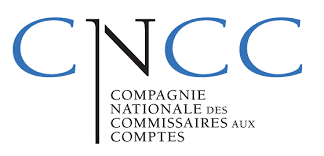
Erotic literature has been a part of human culture for centuries, from the ancient Greek texts of Sappho to the racy novels of the 18th and 19th centuries. The genre has evolved and transformed over time, reflecting changing societal attitudes towards sex and sexuality.
At its core, erotic literature is designed to arouse and excite the reader through the use of sensual language and descriptive passages. The genre has often been dismissed as pure smut, but it can also serve as a powerful tool for exploring complex emotions and desires.
The rise of the internet and digital publishing has made erotic literature more accessible than ever before. E-books and online retailers have made it possible for readers to explore a wide variety of erotic stories from the privacy of their own homes. The anonymity of the internet has also allowed for a greater diversity of voices and perspectives within the genre.
However, the ease of self-publishing has also led to a flood of low-quality erotic stories that prioritize shock value over storytelling. This has led to a dilution of the genre and a decrease in the overall quality of erotic literature.
Erotic literature can also serve as a safe and consensual way to explore sexual fantasies and desires. For some, reading about a particular sexual act can be just as satisfying as experiencing it in real life. It can also serve as a way to learn about new sexual practices and techniques, as well as a way to improve communication and intimacy with a partner.
However, it’s important to remember that erotic literature is not a substitute for real-life porn website links sexual experiences. It should be consumed responsibly and in moderation. Additionally, it’s essential to ensure that any erotic literature consumed is legal and consensual, and that it does not exploit or objectify individuals.
The impact of erotic literature on society is complex and multifaceted. On the one hand, it can be a liberating and empowering force, allowing individuals to explore their sexuality in a safe and consensual way. On the other hand, it can also perpetuate harmful stereotypes and contribute to the objectification of women.
It’s important for readers to approach erotic literature critically and to seek out stories that challenge their assumptions and broaden their perspectives. Additionally, writers and publishers have a responsibility to ensure that their work is inclusive, respectful, and does not contribute to harmful stereotypes.
In conclusion, erotic literature has a long and varied history, and it continues to evolve and transform in response to changing societal attitudes towards sex and sexuality. While it can be a powerful tool for exploring complex emotions and desires, it’s important to approach it responsibly and with a critical eye. By doing so, we can ensure that erotic literature remains a vibrant and vital part of human culture for centuries to come.






